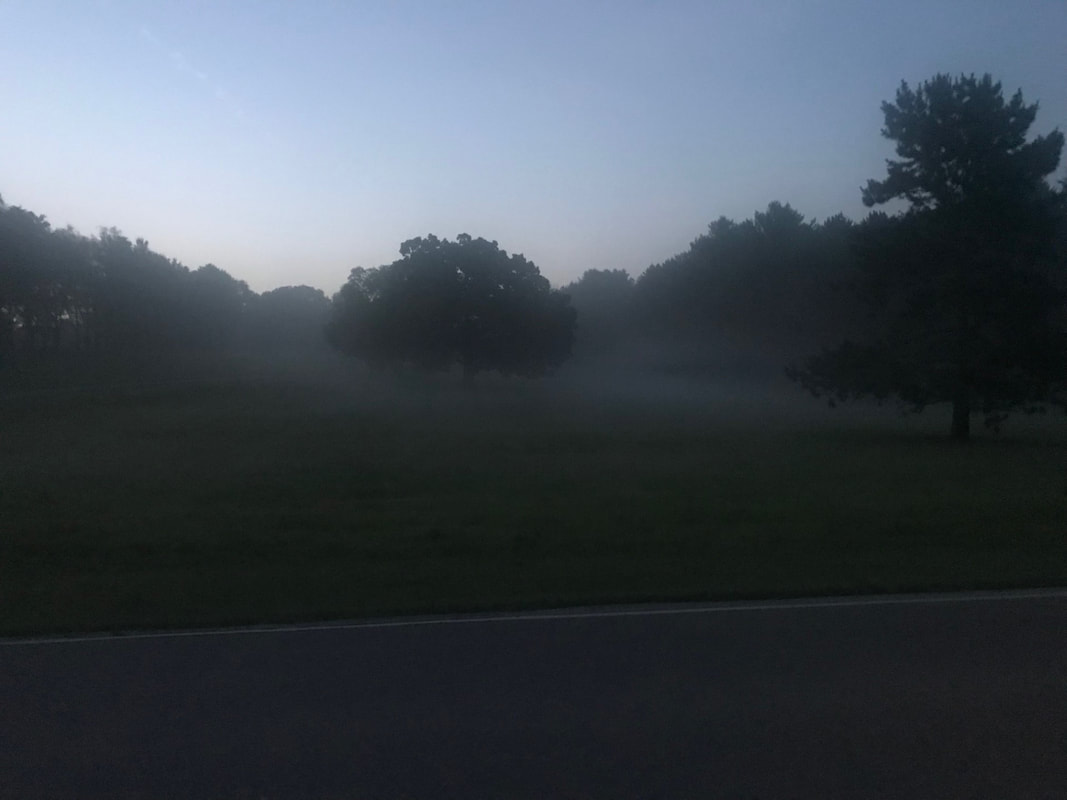
Tuesdays, I play in a 62+ baseball league, and as I got on the highway towards the fields (south and west of Milwaukee), the bog of smog/smoke overwhelmed your vision. Didn’t seem too bad the first few miles. Then, five miles later, you couldn’t see landmarks in the distance. By arrival time at the ballpark, you couldn’t see two miles ahead of the car.
After the game, it was worse. Visibility was down to half-a-mile. You could smell it, taste it. It affected your eyes and mucus membranes. This smoke blanket lasted for three days.
With wind changes, the jarring change in weather lifted. You could see with near-clarity, the sky actually blue. In retrospect, as these types of events jar our daily lives, you think how connected we are to the world environment and how we all better rethink our daily lives to take personal steps to reduce our individual carbon footprints. Otherwise, these events will worsen, becoming more cataclysmic as years become decades.
The smoke invasion also got me thinking of how we all have to remove whatever blinders we have and look more and more at the global impacts of how we live. Covid was a big indicator that demonstrated borders don’t exist. Living in one country or another ensures nothing in terms of safety.
A virus, like smoke, could care less where it goes. It just migrates along wind currents, ultimately affecting people thousands of miles away and on separate continents. Read up on the eruption of Mount St. Helens in Washington state in 1980 to see how quickly and how far the volcanic ash plume spread, and you will understand how there’s no wall to build for protection.
Even today, we still have not effectively fully recovered a steady supply chain following the Covid-related shutdowns across the world. It’s difficult to find a new car. If you need parts to repair your current car, they can take more time to locate and get to your local repair shop. Logistics are not as seamless as they were four years ago, and it’s a global disruption.
As global population continues to increase and everyone is looking to get a slice of the cake, the pinching down will only continue. Grapes go in short supply if a weather crisis happens in Chile. The bird flu drives up the price of chicken. None of these are issues affecting solely one country.
We are a world without borders when it comes to weather, pollution, food, manufacturing. This will become increasingly apparent over the years ahead. We need to pay close attention and prepare more methodically for change if we want to reduce the chaos. If not, the lurching from crises to crises only expands.